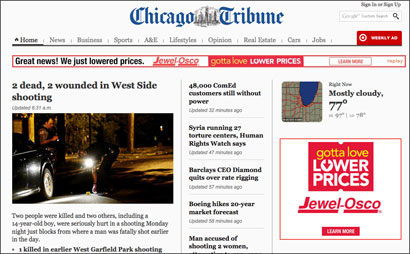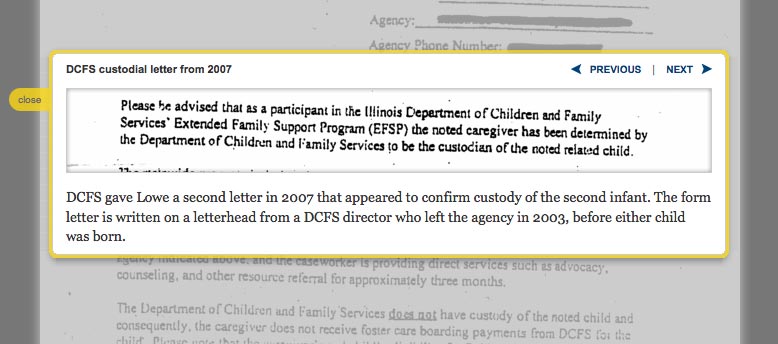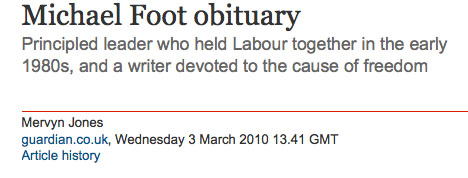Do journalists need to learn to code? Probably not, but those who can are likely to find themselves quickly snapped up by news organisations with interactive and data teams.
I have no grand hopes of learning to code properly, but I would like to feel a little more comfortable with the language and learn more about the ways programmers work and how it could help journalism.
That was one reason I went along to last night’s Ruby in the Pub informal meetup (tagged #RITP or #rubyinthepub on Twitter), initiated by journalists Joanna Geary and James Ball (even though James himself got stuck at work and missed the event).
The other reason was to meet brave souls playing in the programming-journalism no-man’s land. I think there are exciting things to come out of the programmer-journalist relationship. We’re already seeing that in projects led by mySociety and OpenlyLocal, in collaboration with bloggers and other media.
The US, of course, is streets ahead, with news organisations employing designated journalist-programmers. ProPublica, the non-profit investigative organisation, employs application developers and editors, integrated into the news team, as does the Chicago Tribune (for example). The New York Times has a dedicated interactive team – the head of which, Aron Pilhofer, came along to last night’s meet-up (he recently wrote about this new breed of ‘hacker-journalists’ at this link).
Over here, we’re seeing moves in the right direction (the Scott Trust now has a bursary for students who want to learn software development) and of course news organisations do employ developers, designers and programmers, but we’ve got some catching up to do in terms of integrating and prioritising programming skills.
[For some examples of interactives, visualisations and data-driven journalism follow this link]
So…what is Ruby? Ruby on Rails is a open source web application framework, using the Ruby language. Only a minority of programmers use it (you can see a comparison of frameworks at this Wikipedia link), but it was the consensus language agreed for the meet-up.
Developer Dave Goodchild (@buddhamagnet) was restricted by the lack of wifi, but nonetheless he did a grand job in educating us Ruby ignoramuses the very basics.
If you do decide to download RoR to have a proper play, Dave recommends building a blog – the format of which is easy to understand for a journalist – and following this online tutorial on the Ruby on Rails blog.
It was a brief introduction and the properly keen will have to do their homework to learn properly, but it’s good to hear developers explaining how they use it – and showing how quickly something can be built.
The evening was also a meeting of cultures; as journalists explained their various work brick walls and developers explained the differences between various coding languages and platforms.
Most useful for me was hearing about the projects developers are implementing in their respective organisations and the tools they are using.
Whether or not very much Ruby knowledge was gleaned by the hacks in one evening, I have great hopes for the conversation between programmers and journalists. It could result in some very innovative applications and stories that will help British journalists catch up with our US counterparts and break new ground.
If you would like to know more about interactives and data-driven journalism, check out the agenda for news:rewired – the nouveau niche (25-06-10) where these topics will be addressed. Buy your ticket (£80 + VAT) at this link. Speakers include OpenlyLocal’s Chris Taggart; the OnlineJournalismBlog’s Paul Bradshaw; and Ollie Williams from BBC Sport.


